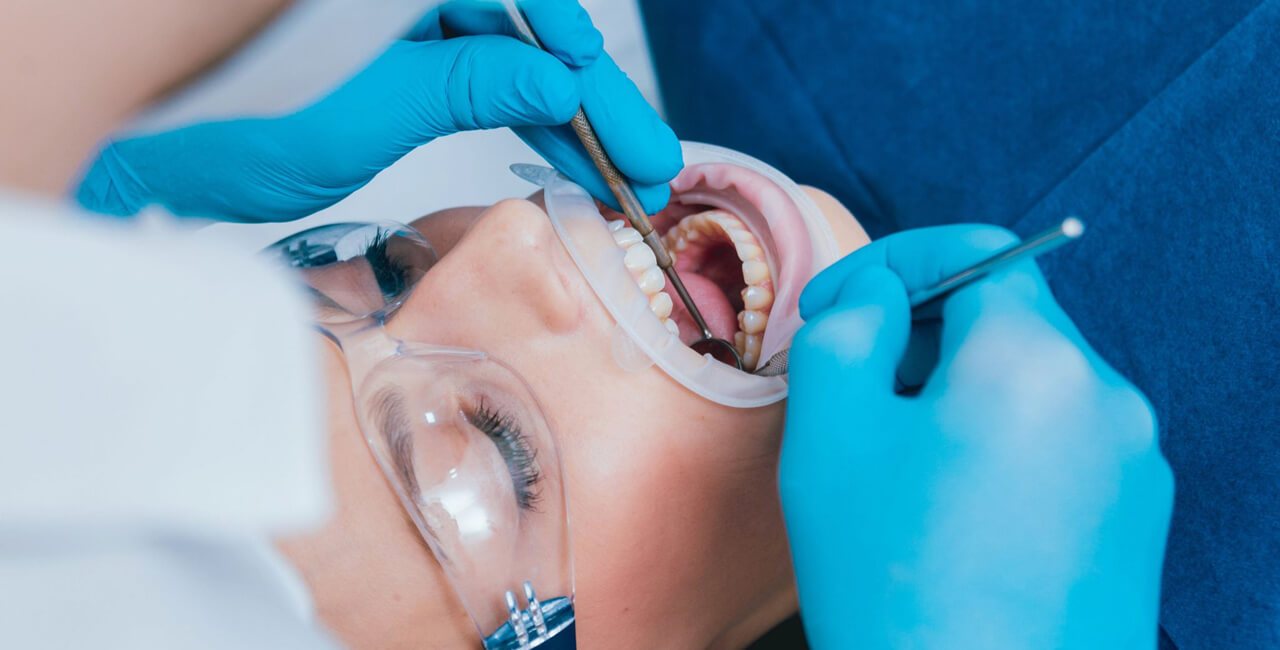Dental oral surgery, also known as oral and maxillofacial surgery, is a specialized field of dentistry that focuses on the diagnosis and surgical treatment of a wide range of oral and facial conditions. Oral and maxillofacial surgeons are highly trained dental specialists who perform surgical procedures related to the mouth, jaws, face, and associated structures. Here are some common procedures and conditions that fall under the purview of dental oral surgery:
1. Tooth Extractions: Oral surgeons often perform more complex extractions, such as impacted wisdom teeth or severely damaged teeth.
2. Dental Implant Placement: They are skilled in placing dental implants, which are artificial tooth roots used to support crowns, bridges, or dentures.
3. Jaw Surgery (Orthognathic Surgery): Oral surgeons correct misaligned jaws to improve bite function and facial aesthetics.
4. Treatment of Temporomandibular Joint (TMJ) Disorders: They can address conditions that affect the TMJ, which can cause pain, clicking, or limited jaw movement.
5. Cleft Lip and Palate Repair: Oral surgeons play a key role in the multidisciplinary team involved in the repair of cleft lips and palates in children.
6. Oral and Facial Trauma: They treat injuries to the face, mouth, and jaws resulting from accidents, sports, or physical altercations.
7. Oral Pathology: Oral surgeons diagnose and treat oral diseases, including oral cancer and other pathological conditions.
8. Pre-prosthetic Surgery: They prepare the mouth for the placement of dental prostheses, such as dentures or dental implants.
9. Biopsies: Oral surgeons may perform biopsies of suspicious oral lesions to determine if they are cancerous.
10. Sleep Apnea Surgery: Some oral surgeons are involved in surgical interventions to treat sleep apnea, such as uvulopalatopharyngoplasty (UPPP) or maxillomandibular advancement (MMA) surgery.
Oral and maxillofacial surgeons undergo extensive education and training, typically completing dental school followed by a four- to six-year surgical residency. They are well-equipped to handle both simple and complex surgical cases involving the oral and facial regions, and they often work closely with other healthcare professionals, including dentists, orthodontists, and physicians, to provide comprehensive care to their patients.

